
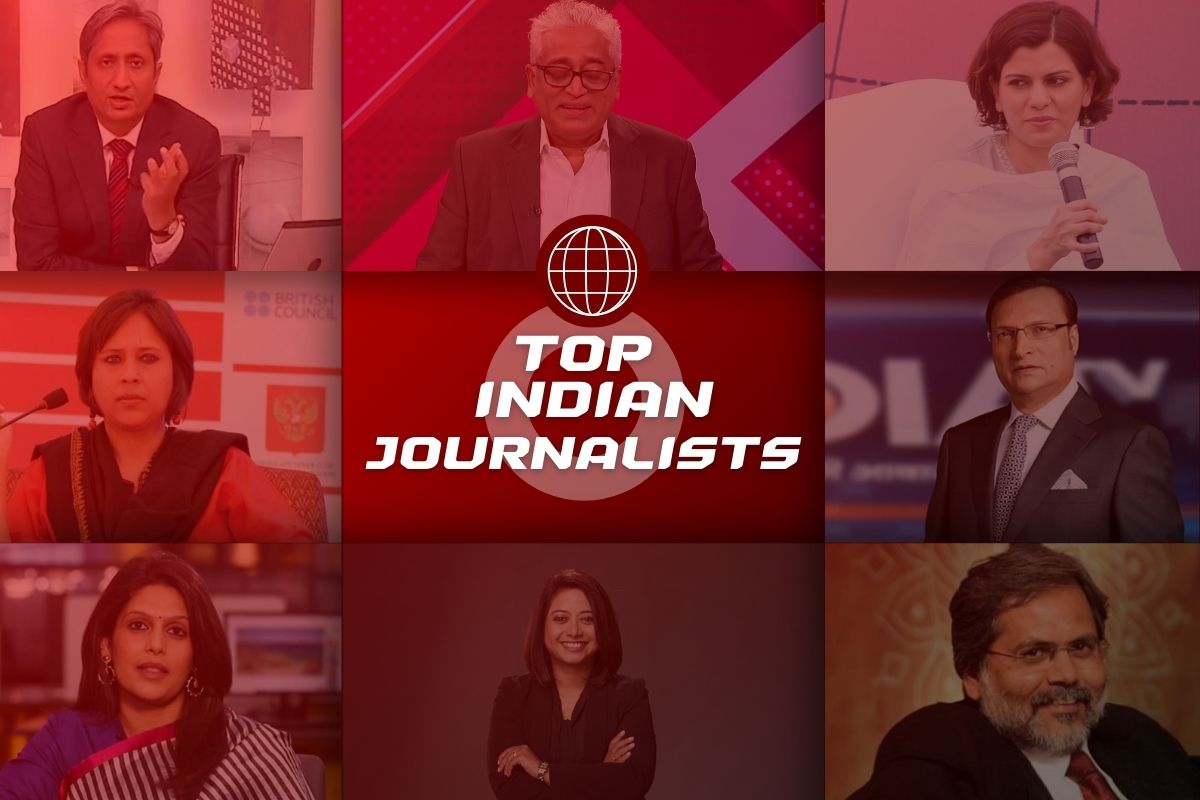

India’s media landscape is one of the largest and most active in the world. It is home to over 1.4 billion people who speak multiple languages and come from diverse cultures. Hence, journalism is an important tool to shape public opinion, inform citizens, and examine power structures. Indian journalists have, time and again, grabbed the headlines for their exceptional courage and steadfastness. In this article, we take a look at 10 top journalists you should know for their remarkable works in Indian journalism.
Table of Contents
Toggle
Affiliation: Formerly with NDTV India
Specialisation: Political journalism, social issues
As one of the most popular Hindi journalists, Ravish Kumar isn’t a stranger to India. With a calm persona and deep reporting style, Ravish is known for serving underprivileged communities.
During tough periods in the Indian media sector, he emerged as a symbol of virtue, especially while working as a political reporter at NDTV India.
He won the Ramon Magsaysay Award in 2019 “for using journalism to empower the powerless”. His show Prime Time was especially popular for its straightforward analysis of politics and governance.
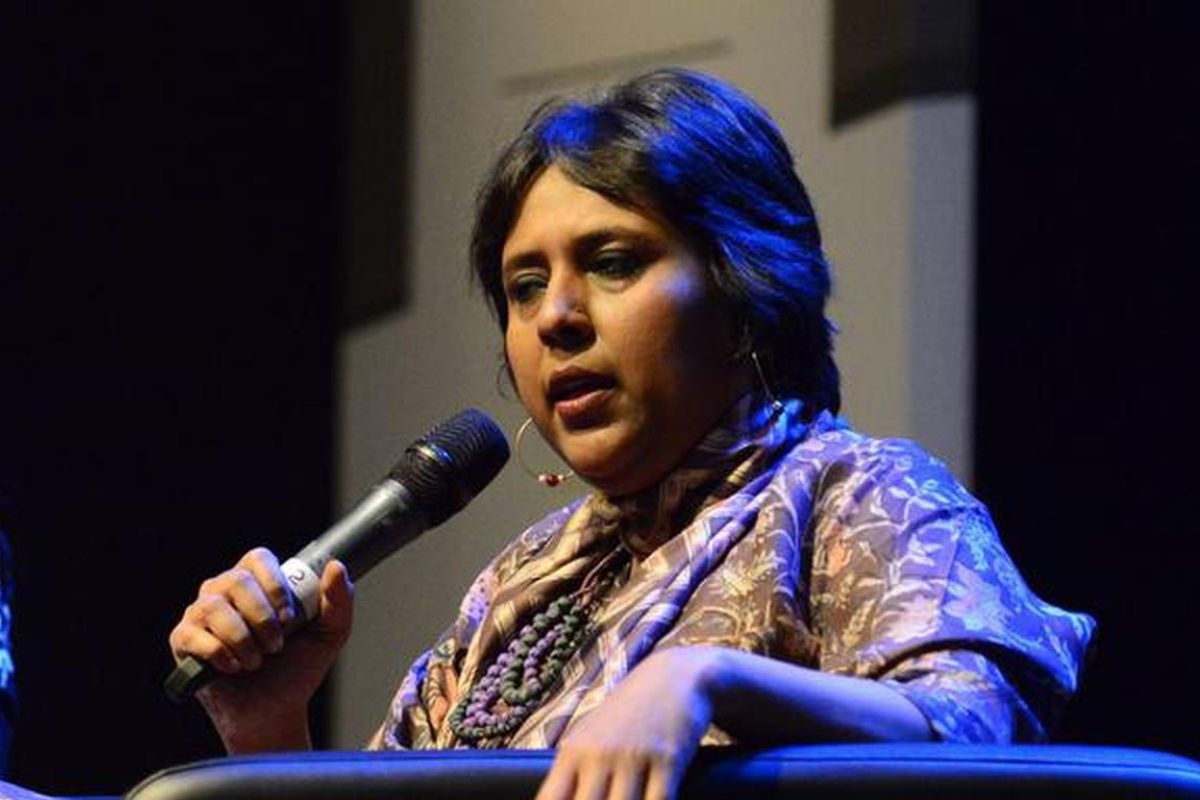
Affiliation: Mojo Story (YouTube), formerly with NDTV
Specialisation: War reporting, health reporting, current affairs
Dutt became famous for her detailed reporting on the Kargil war in 1999. She was one of the easiest English journalists for people in India to follow.
Now, she works on Mojo Story, where she does independent journalism. She is not connected to big companies or politics.
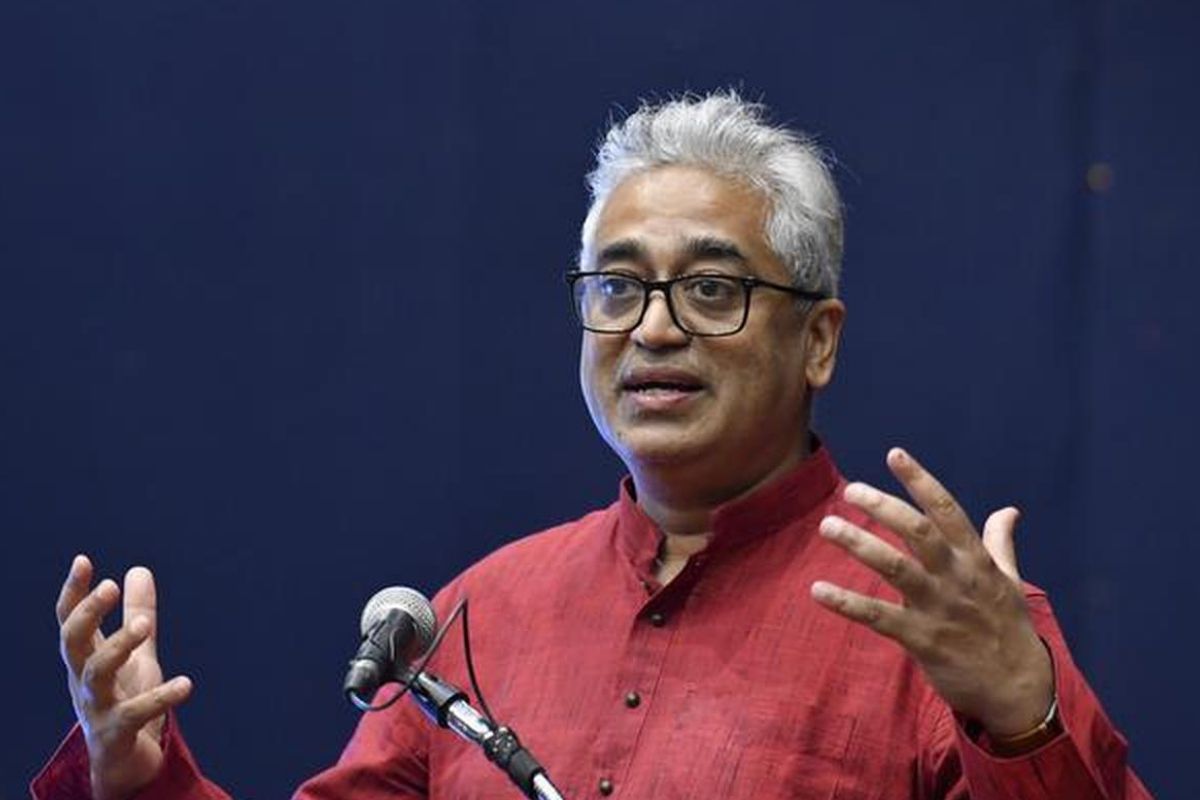
Affiliation: India Today
Specialisation: Political reporting, election coverage
Rajdeep Sardesai works with India Today. He is an expert in political news and election reporting. He has worked in journalism for over 30 years.
Rajdeep is very important in Indian news. He studied as a Rhodes Scholar and was the Editor-in-Chief of CNN-IBN. He has covered many general elections in India.
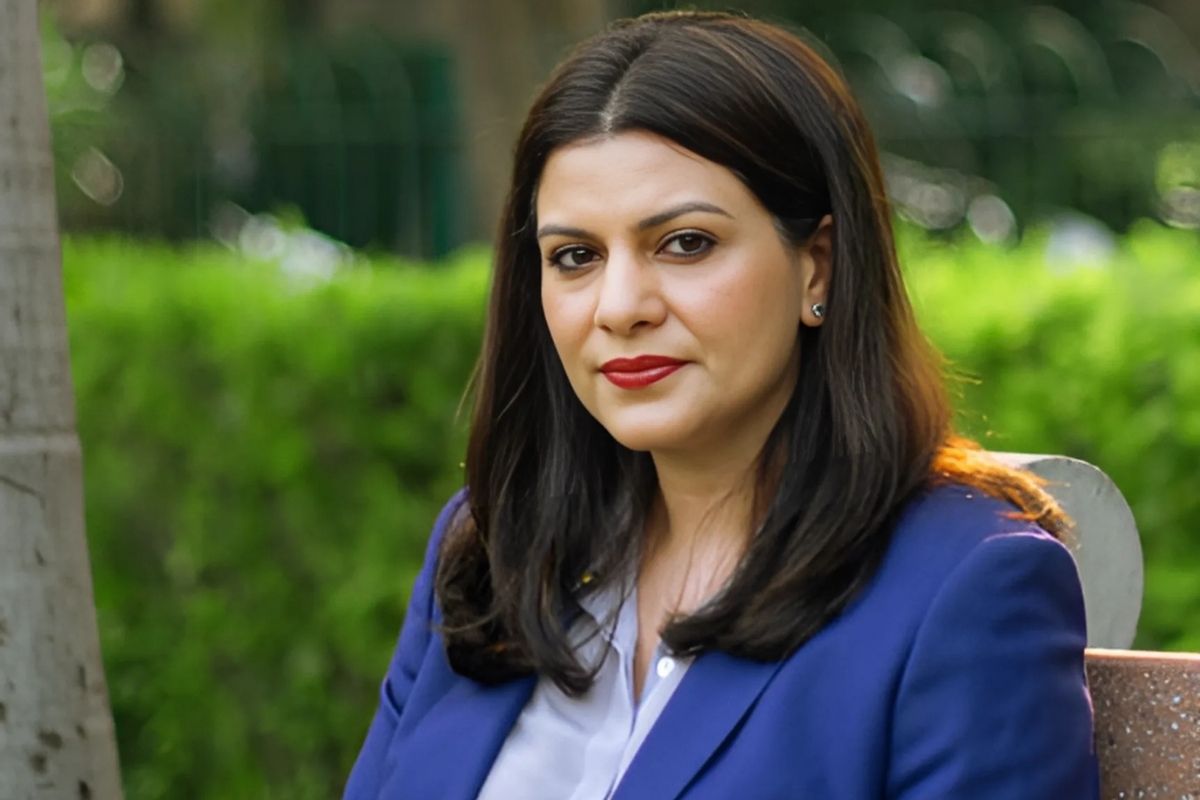
Affiliation: Formerly NDTV, now educator and columnist
Specialisation: Diplomacy, Indian politics
Razdan is best known for her work in diplomatic reporting. She also hosted the political show Left, Right and Centre on NDTV. She ran the show on her own for over 18 years.
She garnered a lot of attention for her coverage of Indian foreign policies, Kashmir issues, and elections. She is also recently known for her fighting Indian censorship and independence of the press in India.
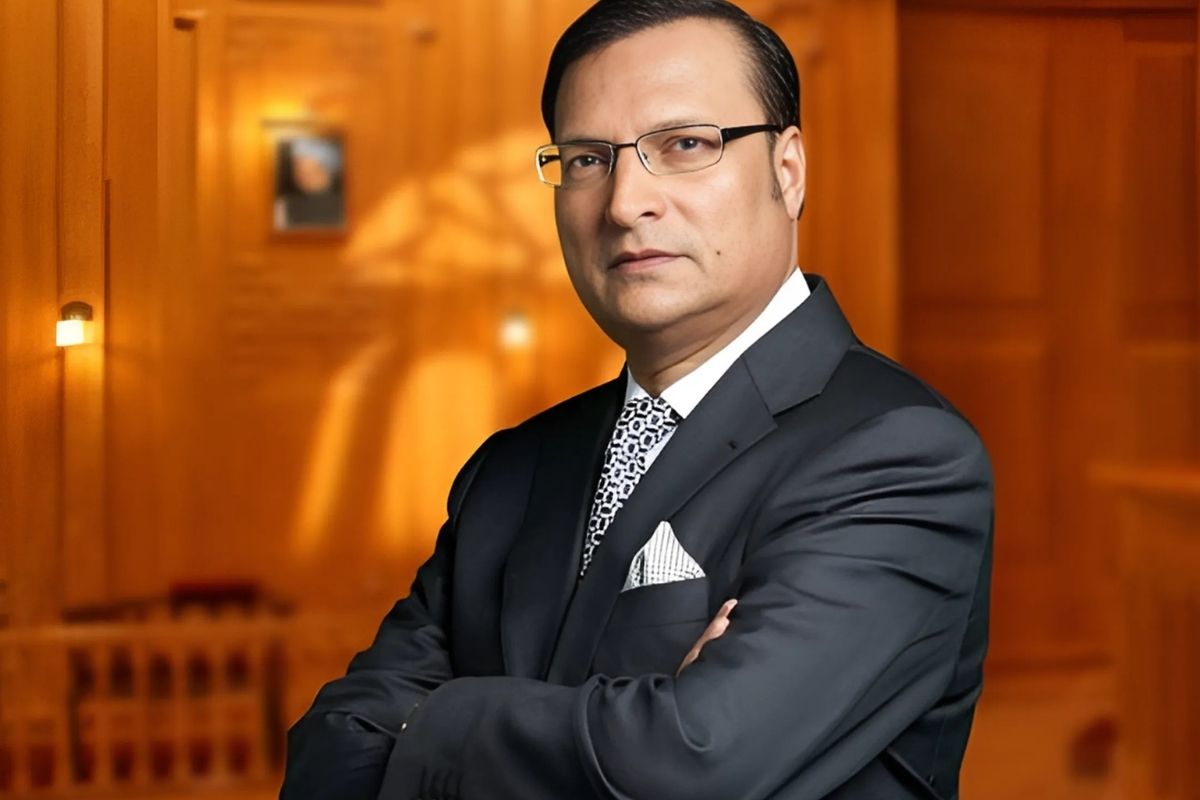
Affiliation: Chairman and Editor-in-Chief, India TV
Specialization: Political interviews, media leadership
Coming to the Indian television industry in the early 90s, Rajat Sharma has been one of the most known faces of journalism in India.
He has been the face of Aap Ki Adalat, a courtroom-styled interview show, which has been airing since 1993.
Almost all notable politicians, cine stars and sport stars have appeared on his show, making him a household name in India. Mr Sharma co-founded India TV in 2004, which has emerged as one of the leading hindi news channels.
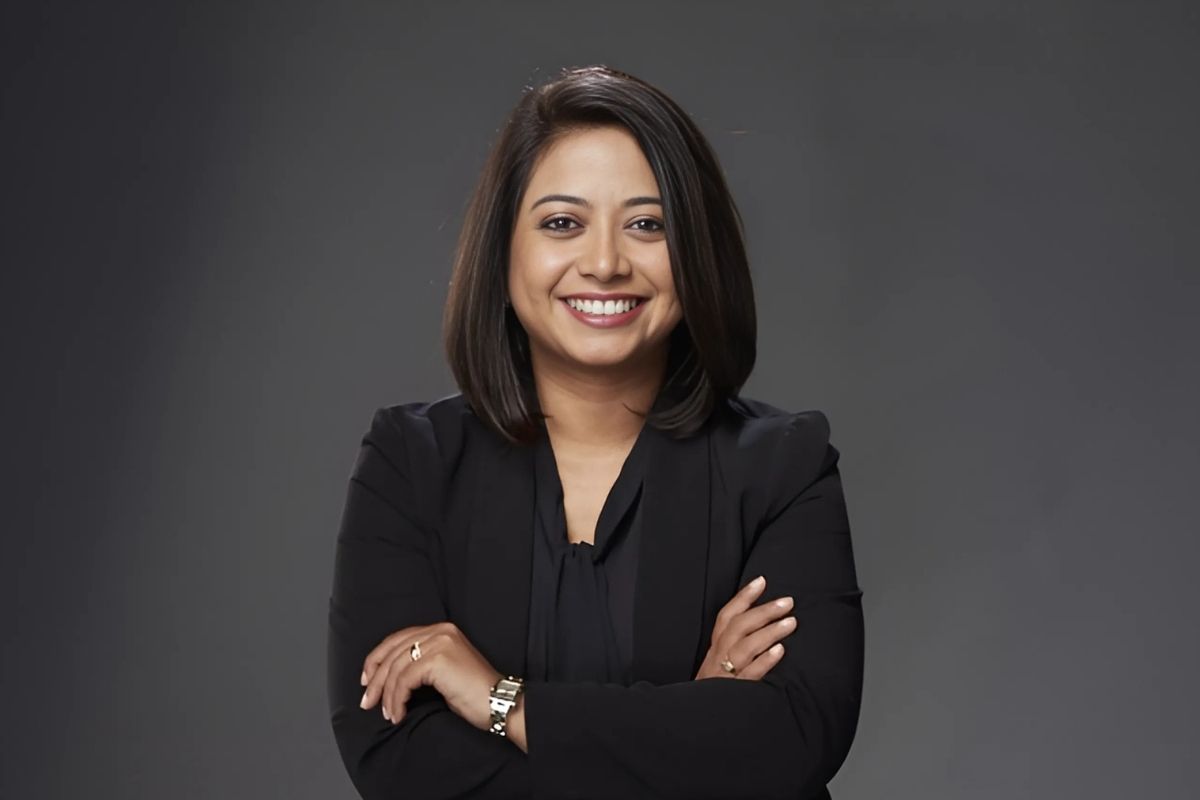
Affiliation: Independent journalist (YouTube, Instagram), formerly Mirror Now
Specialisation: Civic issues, economy, youth-focused journalism
When Faye D’Souza hosted The Urban Debate on Mirror Now, many young people began to recognise her. She talked about important issues like rising prices and women’s safety.
She also asked the government to take responsibility and shared stories that other news channels ignored.
After leaving big media companies, she started making videos funded by her viewers, which gave her the freedom to report what she wanted.
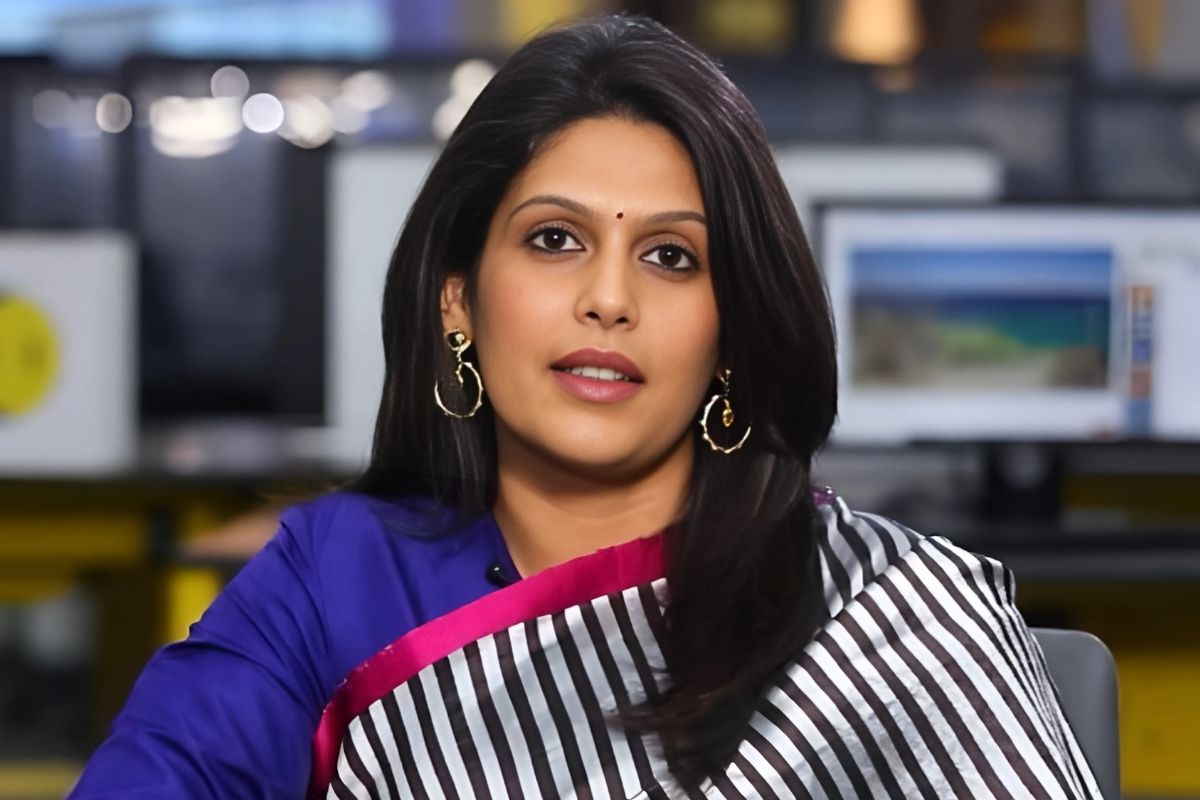
Affiliation: Managing Editor, Network18; Host of Firstpost Vantage
Specialization: International affairs, geopolitical analysis
Palki Sharma helped a lot in reporting the conflict between India and Pakistan that began in April because of border problems. On Firstpost Vantage, she explained the tricky political, social, and money issues so people could understand them.
She told viewers what was happening in India and why it was important for the whole world. During this time, many people got to know and trust her for her calm and clear news about the army and world events. She made sure to check all the facts to give correct information.
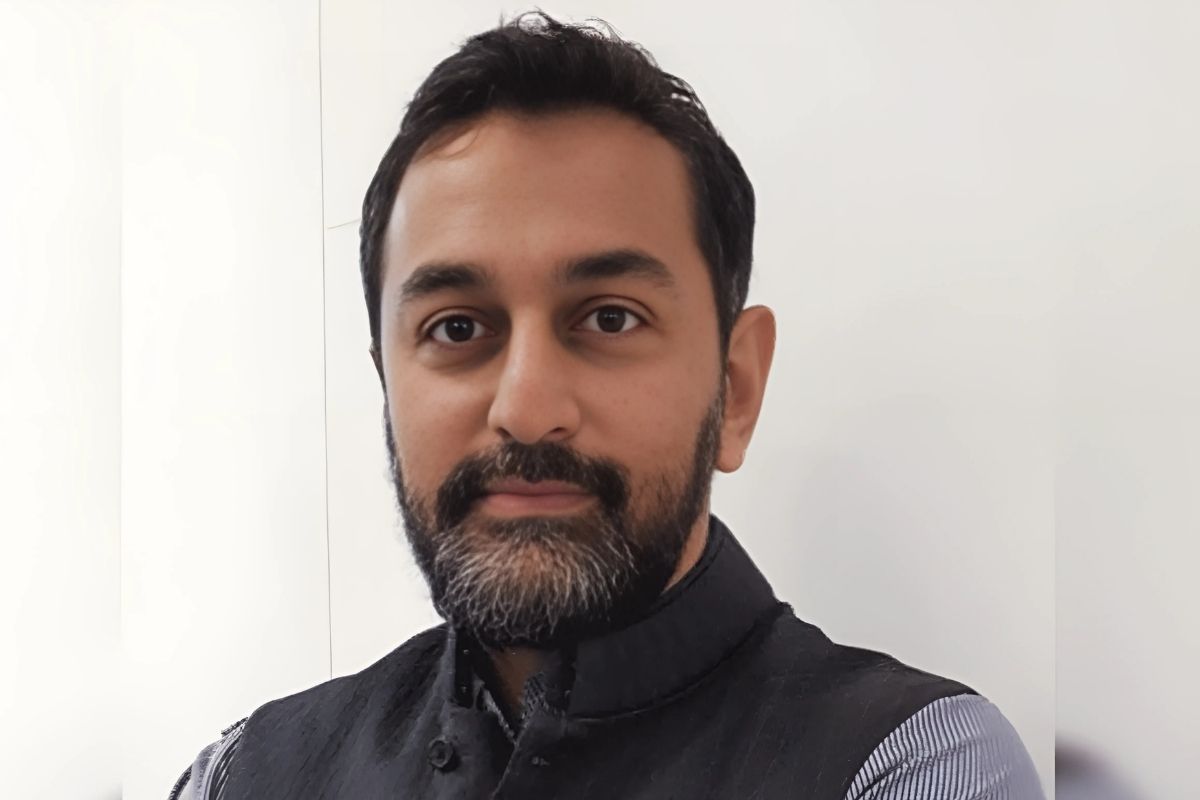
Affiliation: Formerly NDTV
Specialisation: Investigative journalism, political economy
Sreenivasan Jain was widely respected for his investigative programme Truth vs Hype. He specialised in deeply researched reports that explored issues like electoral corruption, communal violence, and financial scams.
Jain’s departure from NDTV in early 2023 was widely seen as symbolic of the changing media landscape in India. Nevertheless, his legacy in investigative journalism remains significant.
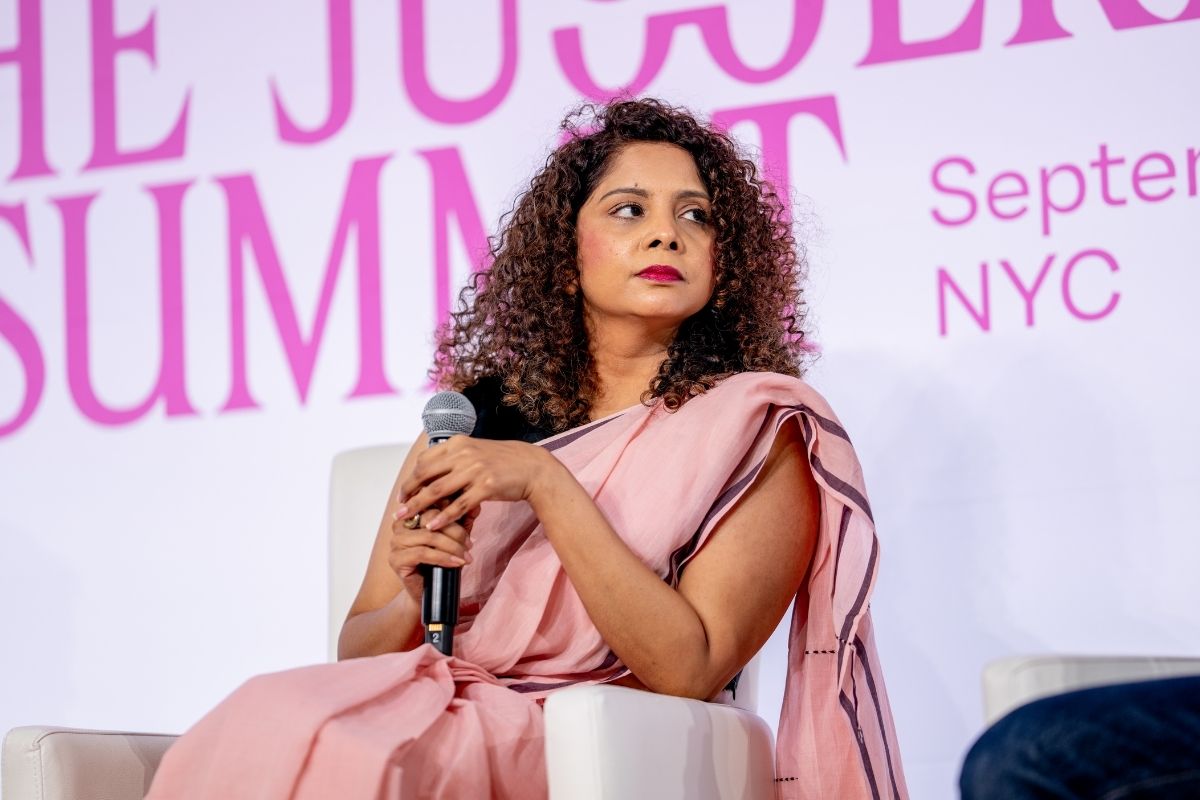
Affiliation: Independent journalist, columnist for The Washington Post
Specialisation: Investigative journalism, human rights
Rana Ayyub is famous for her secret work on the 2002 Gujarat riots and killings. She wrote a book called Gujarat Files about it. Even though she faces online bullying and threats, she speaks out loudly for minority rights, free press, and women’s justice.
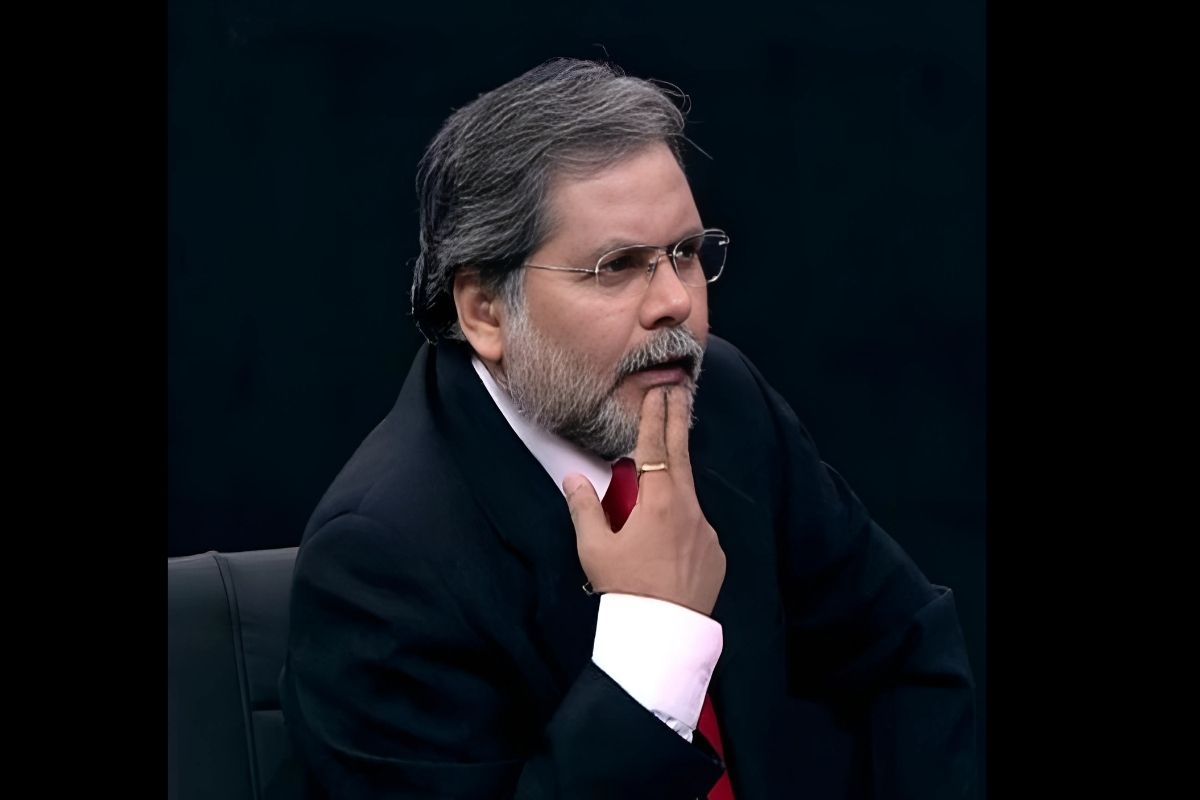
Affiliation: Formerly ABP News, Aaj Tak; now YouTube and independent platforms
Specialisation: Political journalism, agrarian issues
Punya Prasun Bajpai is a senior journalist known for his deep understanding of grassroots India. He often focuses on farmers, rural distress, and the intersection of politics and development.
His critical stance on government policies led to controversies with media management, after which he embraced digital platforms to reach a wider audience.
While the top ten represent a cross-section of language, media formats, and ideology, many more journalists deserve recognition. These include:
The digital age has given Indian journalists new freedom. Many can now work outside big news channels. They start their own independent projects. Platforms like YouTube, Instagram, Substack, and X (formerly Twitter) are being used for real journalism.
Independent platforms like:
…have helped support fact-checking, long-form investigative stories, and reader-funded journalism in India.
These days, fake news is common, and it’s harder for journalists to work freely. That’s why it’s important to support and thank those who do honest reporting. The journalists mentioned above have told the truth, asked hard questions, and shared real news with people, even when it wasn’t easy.
This serves as a reminder that journalism, at its finest, is more than headlines or breaking news. Journalism is about standing up for the powerless, telling the truth, and keeping democracy alive.
Top Indian journalists work everywhere, from bright TV studios to small villages and war zones. They bring important news to the people. This makes them part of history, not just watchers. In a media world full of business and political influences, these journalists give hope. They inspire new reporters and thoughtful citizens.
Whether you agree with them or not, their work is very important. It helps keep democracy alive in India.

